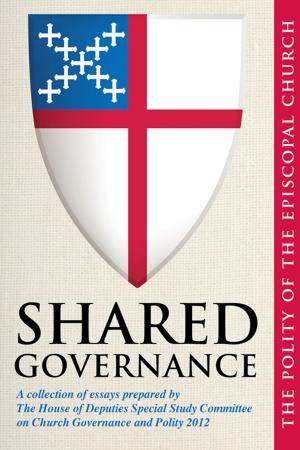From Sin to Amazing Grace
Discovering the Queer Christ
Nonfiction, Religion & Spirituality, Christianity, Denominations, Episcopalianism, Theology| Author: | Patrick S. Cheng | ISBN: | 9781596272392 |
| Publisher: | Church Publishing Inc. | Publication: | March 1, 2012 |
| Imprint: | Seabury Books | Language: | English |
| Author: | Patrick S. Cheng |
| ISBN: | 9781596272392 |
| Publisher: | Church Publishing Inc. |
| Publication: | March 1, 2012 |
| Imprint: | Seabury Books |
| Language: | English |
A theologian discusses bridging the gap between the LGBTQ community and the fundamental oppression of traditional Christian doctrines.
Throughout the history of Christianity, the LGBTQ community has been condemned as unrepentant sinners who are in dire need of God’s saving grace. As a result of this condemnation, they have been subjected to great spiritual, emotional and physical abuse and violence. This issue has taken on a particular urgency in light of the horrific string of suicides of young people who were subjected to harassment and bullying by their classmates because of their gender identities or sexual preferences.
In From Sin to Amazing Grace, Cheng argues that people need to be liberated from the traditional thinking about sin as a violation of divine and natural laws in which grace is understood as the strength to refrain from violating such laws. He proposes a Christological model based upon the theologies of Irenaeus, Bonaventure, and Barth, in which sin and grace are defined in terms of what God has done for us in Jesus Christ. This book will serve as a useful resource for all people who struggle to make sense of traditional Christian doctrines in the context of the twenty-first century.
A theologian discusses bridging the gap between the LGBTQ community and the fundamental oppression of traditional Christian doctrines.
Throughout the history of Christianity, the LGBTQ community has been condemned as unrepentant sinners who are in dire need of God’s saving grace. As a result of this condemnation, they have been subjected to great spiritual, emotional and physical abuse and violence. This issue has taken on a particular urgency in light of the horrific string of suicides of young people who were subjected to harassment and bullying by their classmates because of their gender identities or sexual preferences.
In From Sin to Amazing Grace, Cheng argues that people need to be liberated from the traditional thinking about sin as a violation of divine and natural laws in which grace is understood as the strength to refrain from violating such laws. He proposes a Christological model based upon the theologies of Irenaeus, Bonaventure, and Barth, in which sin and grace are defined in terms of what God has done for us in Jesus Christ. This book will serve as a useful resource for all people who struggle to make sense of traditional Christian doctrines in the context of the twenty-first century.















